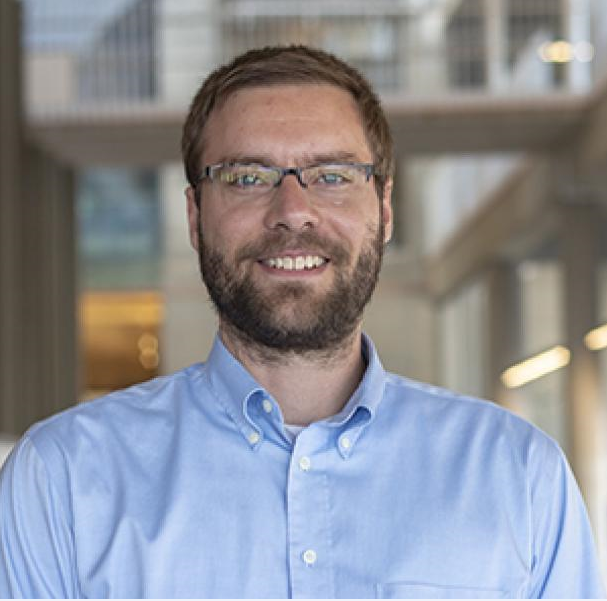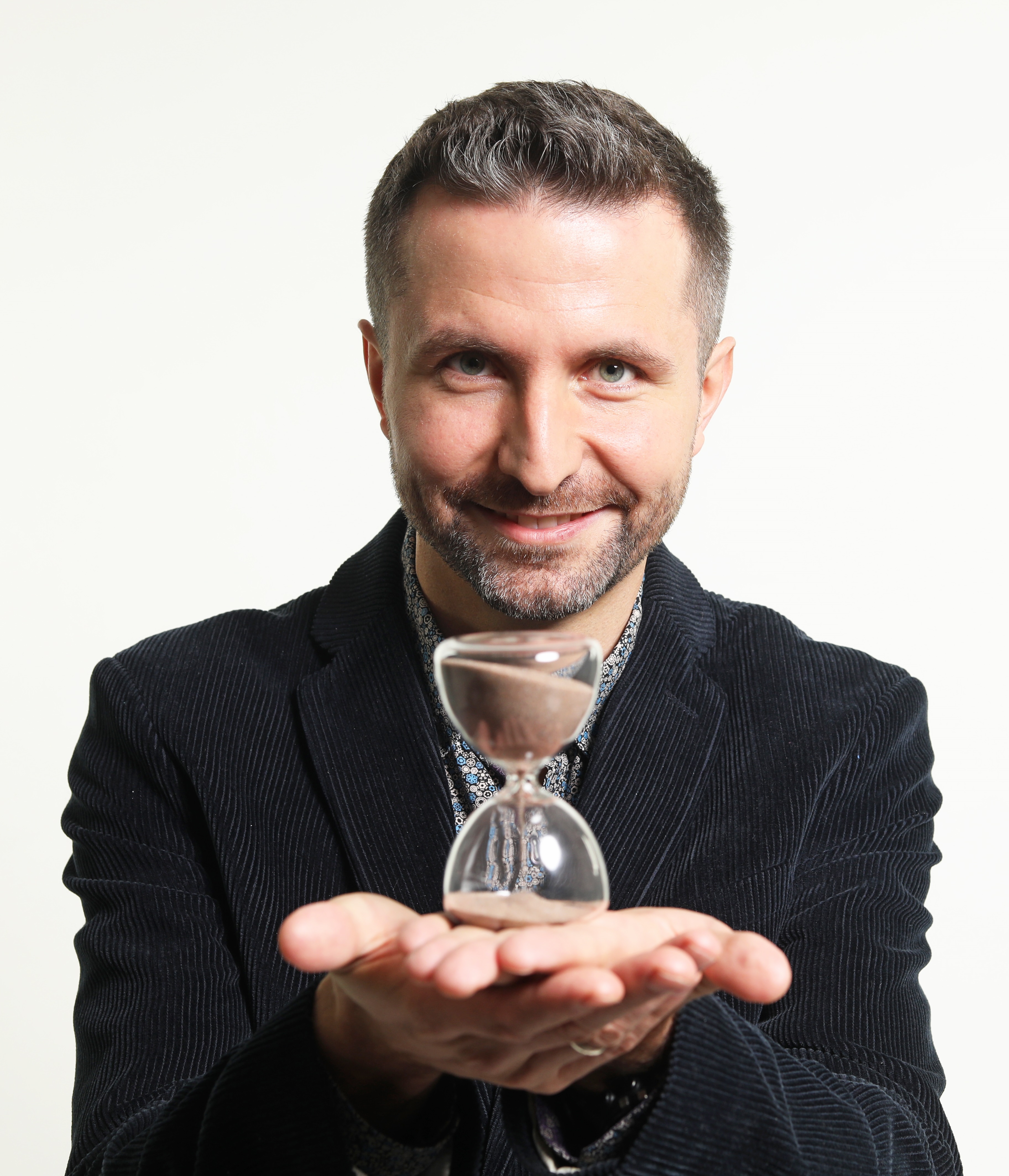Lectures

Human developmental potential as a capacity for positive change during life
The inaugural lecture will be given by Professor Janusz Trempała
Summary: In this lecture I intend to address the issue of developmental potential as the ability to change in the functioning of an individual during his/her life. I will focus my attention on changes beneficial from the point of view of successful life and human development. In this context I will take up the problem of approaches to the study (assessment) of developmental potential and the possibilities of its activation within educational, preventive and intervention programs.

The Psychology of Passion: New Findings with the Dualistic Model
An online lecture will be given by Ben Schellenberg, PhD
Streszczenie: People often feel passionate about meaningful activities in their lives. In this presentation, Dr. Schellenberg will discuss the psychology of passion and present findings from recent research relying on the dualistic model of passion. After giving a brief overview of the dualistic model and the distinction between harmonious and obsessive varieties of passion, Dr. Schellenberg will present recent findings from three lines of his research. First, he will discuss the relationship between passion varieties and how people respond to positive experiences. Second, he will argue why it is important to study how both passion varieties combine to predict activity-related outcomes. Finally, he will present new findings that show that passion has a tendency to decrease over the course of sport seasons. The presentation will conclude with a discussion of new directions for future research relying on the dualistic model of passion

Parental burnout: a positive psychology approach
Moïra Mikolajczak and Isabelle Roskam
An online lecture will be given by Professor Moïra Mikolajczak
Summary: Parental burnout is a specific syndrome resulting from enduring exposure to chronic parenting stress. The topic of parental burnout has only recently become the subject of scientific interest, but the literature literally boomed in 2018. A cross-cultural study involving 42 countries around the globe showed that Poland is among the top 3 countries most affected by parental burnout.
In this talk, we shall first flash-summarize what is currently known about parental burnout and answer 5 basic questions:
(1) What is parental burnout?
(2) (How)Is it different from job burnout and depression?
(3) What is the prevalence of parental burnout?
(4) Why do some parents burn out while others, facing the same stressors, do not?
(5) What are the consequences of parental burnout for the parent and for the children?
Then, we shall draw upon newly published data to discuss how pressures towards positive parenting may contribute to increased pressure on parents and, indirectly, increase their vulnerability to parental burnout.
About the special guest:
Dr. Moïra Mikolajczak received her Ph.D. in psychology from the Catholic University of Louvain (Belgium) in 2006, her Ph. D. from Stanford University with James Gross in 2007. He is currently a professor and director of research at the Catholic University of Louvain, where he teaches Introduction to Psychology, Medical Psychology and Health Psychology, among other courses.
She is an internationally known expert on emotional intelligence and parental burnout, and is currently a leading researcher on parental burnout.
Although she does not speak Polish, she has a long-standing relationship with Poland, as it is both the country of her ancestors and her friends.

Materialism - sources, effects and remedies
The lecture will be given by Professor Anna Maria Zawadzka
Summary: Everything begins with goals and aspirations. There are such aspirations, which alone bring satisfaction of life and the joy of existence. There are also those that seem to promise happiness and joy but on closer examination they lead to negative feelings and dissatisfaction. The former are non-materialistic pursuits and the latter - materialistic.
The environment of increasing material prosperity and advanced technology through ubiquitous media reinforce the idea that the only right path to happiness for the modern era is the pursuit of success wealth, fame. Society, organizations, and families are grappling with this "recipe for happiness" and its specific effects or consequences.
So we need to look for answers to the questions: how do we become materialistic, what are the consequences and how do we deal with it?

The hidden dimension of happiness: temporal perspective and related phenomena as determinants of subjective well-being in the light of the theory of temporal regulation of emotions
The lecture will be given by Professor Maciej Stolarski
Summary:Time perspective, especially future perspective, has so far been considered mainly as a cognitive phenomenon and/or motivational mechanism.
In my presentation I will attempt to present this phenomenon from a slightly broader perspective, focusing on the regulatory role of mental time travel for various affective phenomena, focusing on diverse manifestations of positive (and negative) emotionality and well-being.
Starting from the assumptions of Levin's psychological field theory, I will attempt to prove that time perspective can be understood as one of the mechanisms that enable conscious and purposeful regulation of emotional states. In my considerations I will refer, among others, to James Gross' emotions regulation theory, as well as to my own concept of temporal metacognition, which I am developing together with Joanna Witowska and Gerald Matthews.
I will refer to a number of empirical results indicating the important role of temporal perspective as a mechanism allowing for the strengthening of desired (‘positive’) emotions, feelings of happiness, and a reduction of undesired affective states ('negative' emotions and moods).
I will present possibilities of practical application of this knowledge on the model of time perspectives in sport and the latest results of empirical research aimed at its verification.
Finally, to this "temporal honeypot” I will add a spoonful of tar and present some rather surprising results of longitudinal studies, which make us rethink a number of well-established beliefs about the issue of causality in the relationship between time perspectives and happiness.


.png)